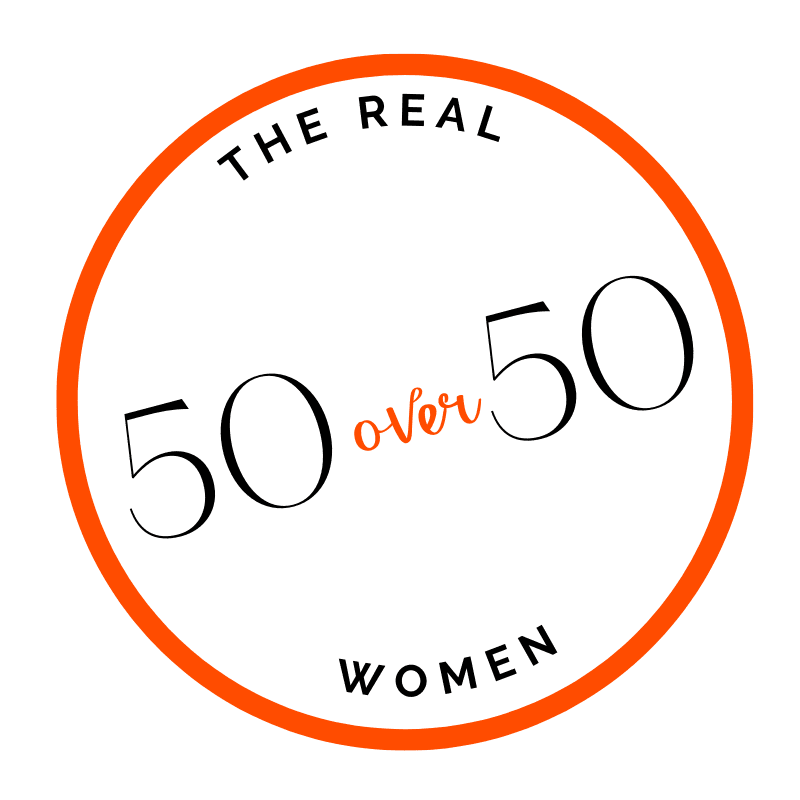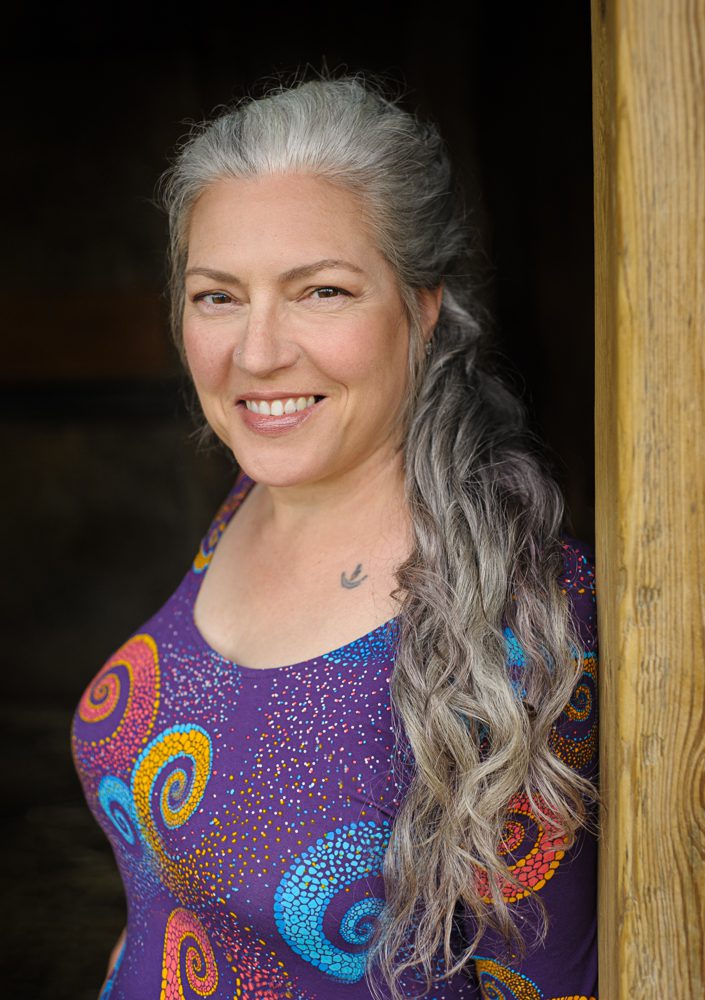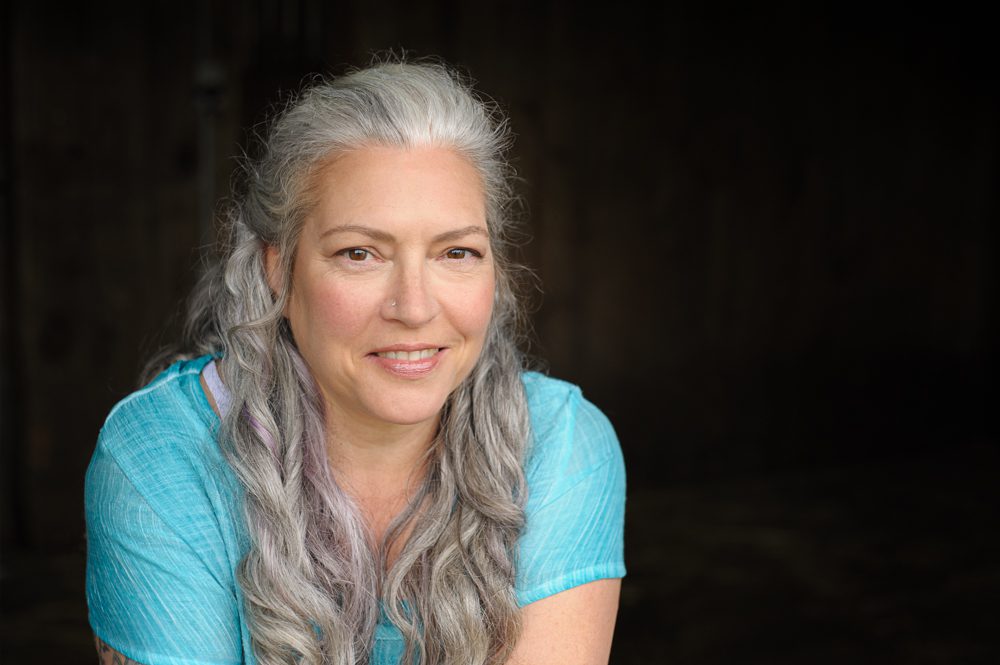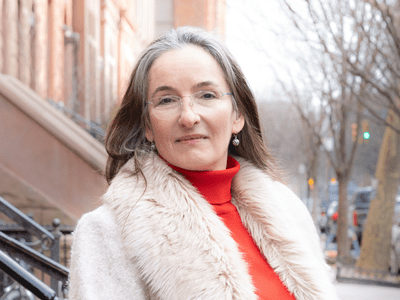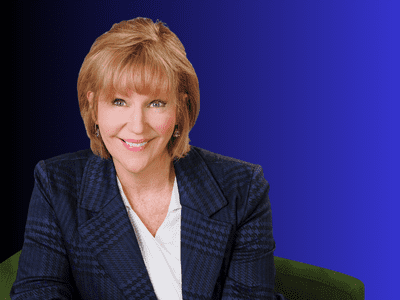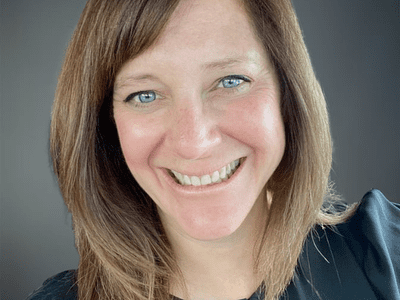About me
Shulamit is the Entrepreneurs’ Therapist and co-founder of the Business Therapy Centre. She works with women business owners to care for their mental and emotional wellbeing in an era of relentless stressors that can make you lose your crap on the daily.
Shulamit has been an entrepreneur for over 27 years and has more than 22 years of professional experience applying therapeutic, coaching and somatic tools to support women’s mental health and personal growth. She also speaks and teaches about the intersection of mental health, trauma, financial psychology and entrepreneurship locally, nationally and internationally.
As an award-winning entrepreneur, masters-level, licensed trauma therapist and trauma survivor, with certifications in the Trauma of Money, Nonviolent Communication and Yoga, Shula brings a unique perspective and approach to supporting women in business.
What do you do and why do you do it?
I want women entrepreneurs, business owners, and self-employed women to thrive.
The pressures of running a business, given isolation, hustle culture, and other threats to their mental and emotional well-being, mean that running a business is often harder than it has to be.
Entrepreneurship and mental health are intimately connected. Support makes you stronger. Support makes you a better leader. Support makes you a better business owner, and your business more sustainable and successful.
My purpose in doing the work I do, ultimately, is to alleviate suffering. The world can often seem like a dark place, and the more light there is shining into it, the better.
What changed for you after age 50?
Before I was 50, my purpose was not clear to me–either professionally or personally. I didn’t have a sense of a guiding force or light to steer by. As I turned 50, I had the sense of rounding and coming out of a curve and into a straightaway, with all the momentum and clarity that implies. I also was able to see that, despite everything I had been through, I had accomplished every goal I had set for myself. That was quite a thing to see and changed my sense of my self and my agency in the world.
What would you tell the 20 or 30-year-old YOU?
I don’t think telling her anything would make much of a difference. What she needed was ongoing accompaniment from a wiser, warmer, older woman, such as the one I am now.
What do you think you’ll tell yourself in retrospect at the end of your life?
When I was in my late 30s, I had meningitis. There was a period during which I didn’t know whether I would live or die. At that time I remember feeling sad to possibly leaving people behind, but a sense of peace at the life I had lived. I think the situation would be much the same on my deathbed as an elder, except that I know more about how to really take in and celebrate my accomplishments and my self.
What impact do you think increased visibility can have on your business?
My main concerns are to advance the conversation about mental health and entrepreneurship, and to combat stigma. I think increased visibility for my business and its message can help accomplish those goals. It might also lead to more speaking opportunities and possibly some client inquiries.
Who or what inspires you and why?
Miki Kashtan is a trainer in Nonviolent Communication who is exploring nonviolence in a very deep way: https://thefearlessheart.org/ and https://mikikashtan.org/
I believe deeply in nonviolence and do my best to practice it daily, in intention, thought, word, and deed. Miki inspires me to keep going on the path in a world that appears to be filled with violence.
“As an activist, I noticed that we have liberatory goals to make the world a better place. But in the process of aiming for these goals, we engage in the same harmful, oppressive behaviors in the way we do things. The cost is enormous. People with a social impact mission burn out all the time. It’s enormously difficult to be aiming for these things in a world that does not support liberation. So, a liberatory practice can be understood as behaving in ways that liberate us from moment to moment. For example, rest is a liberatory practice. “
Shulamit Ber Levtov
The Brief
Shulamit Ber Levtov has been an entrepreneur for over 27 years and spent 22 years as a mental health and personal growth professional. Shulamit or Shula, known as The Entrepreneurs’ Therapist, has created a mix of work that brings her to the intersection of mental health, trauma, healing, financial psychology, and entrepreneurship.
In this interview, Shula shares her belief that people are stronger with support, the story of her journey from studying social work to a career in radio and TV, and how an injury led her back to mental health.
Shula experienced the emotional roller coaster of owning a business, which could impact mental and emotional well-being. She built her own sustainable therapy business, knowing that most small businesses fail in the first year and that mental health professionals score the lowest on measures of financial wellness across all professions. Shula took what she learned and started teaching other mental health professionals.
Shula shared her perspective on the shame and blocks that people may have about money and how it can impact one’s capacity to handle finances.
The topic of sustainable success came up several times, and Shula shares that, as a trauma survivor, it’s important to organize your life to support your capacity. There are no specific formulas to follow, rather, capacity is different for everyone and their work and life situations.
Shula explained the concept of liberatory practice, where one creates habits that liberate oneself and others from oppressive structures. Rest, relationship marketing, and embodying behaviors like self-compassion and love are examples of liberatory practices that you incorporate into everything you do, so every action is liberating.
Turning 50 amplified the clarity about Shula’s purpose and professional contribution.
Self-kindness, support, and being gentle with yourself are all forms of care that will make you stronger.
Learn more about Shula and the other Real 50 over 50 women.

